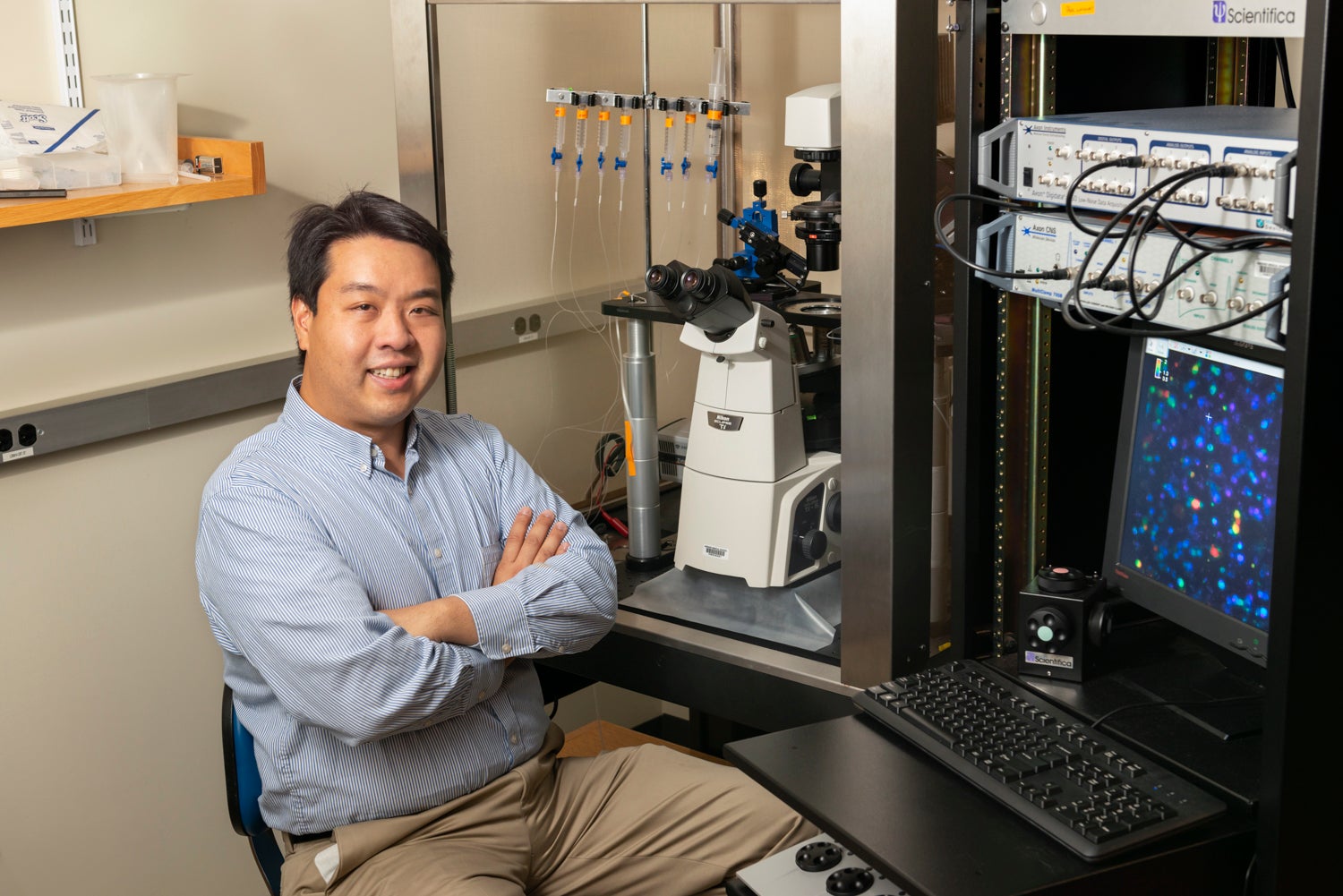Isaac Chiu, PhD
Professor, Department of Immunology, Harvard Medical School

Neuroimmune Interactions in Pain, Itch and Neurodegeneration
The Chiu lab is focused on the neuroimmune mechanisms underlying pain, host defense and neurodegeneration. Our lab is located in the vibrant scientific community at Harvard Medical School in the Department of Immunology. We consist of a diverse group of graduate students, postdoctoral fellows, research assistants and visiting scholars. Our major goals include uncovering mechanisms underlying: 1) How bacterial pathogens interact with the sensory nervous system to produce pain and itch. 2) How perierpheral neurons crosstalk with immune cells in barrier tissues to regulate immunity (gut-brain-axis, meninges, skin and lung immunity). 3) Role of Gasdermins and inanate immunity in CNS neurodegeneration.
